The government is targeting to limit inflation to 6.5 percent in the upcoming fiscal year (FY25) through a series of policies and strategies.
Finance Minister AH Mahmood Ali, while presenting the national budget for FY25 at Jatiya Sangsad (JS) Bhaban, expressed confidence in the effectiveness of the adopted policies and strategies to achieve this target.
Ali highlighted the adoption of a contractionary monetary policy, aligning with global efforts to curb inflation. Notably, significant increases were made in interest rates, with the policy interest rate rising to 8.5 percent, Standing Lending Facility (SLF) rate to 10 percent, and Standing Deposit Facility (SDF) to seven percent. Moreover, the Six Months Treasury Bill based Interest Rate Determination System (SMART) has been replaced with a market-based approach, where loan demand and interest rates are determined by credit supply and customer-banker relations.
To complement these monetary measures, supportive fiscal policies are also being implemented, with strengthened government programs like the Family Card and Open Market Sale (OMS) Programs aimed at shielding the public from inflationary pressures.
Ali acknowledged the challenges posed by global geopolitical instabilities, citing the Russia-Ukraine conflict as an example. While this conflict initially drove up commodity prices, subsequent developments led to a moderation in prices, benefiting countries like Bangladesh.
However, despite global projections indicating a decrease in inflation rates, Bangladesh's inflation remains elevated, largely attributed to disruptions in the domestic supply chain and currency devaluation against foreign currencies. The devaluation, approximately 25.5 percent against the US dollar, prompted the Bangladesh Bank to sell approximately US$22 billion from reserves to stabilize the foreign exchange market.
These efforts reflect the government's commitment to containing inflation and fostering economic stability amidst global uncertainties.



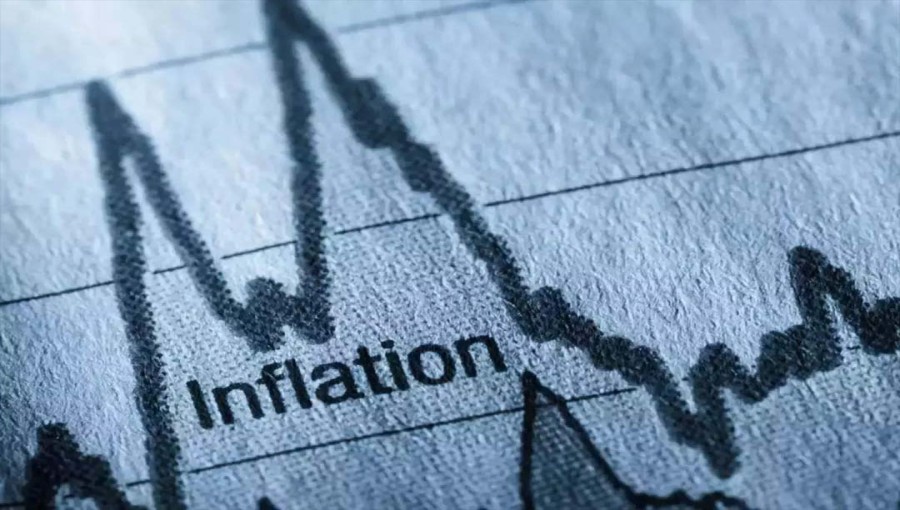

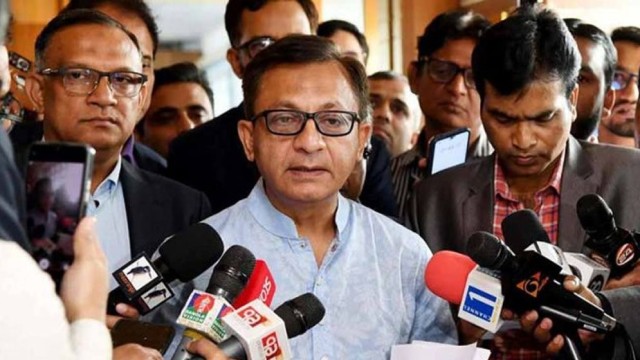
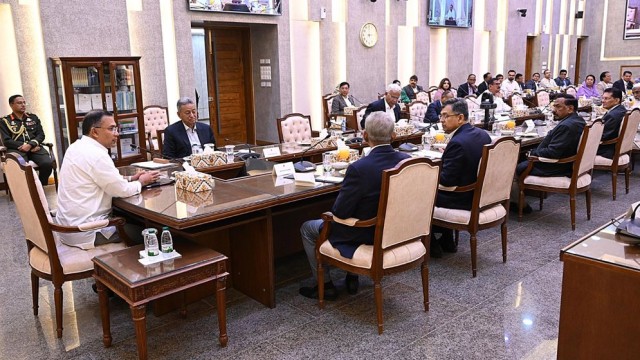


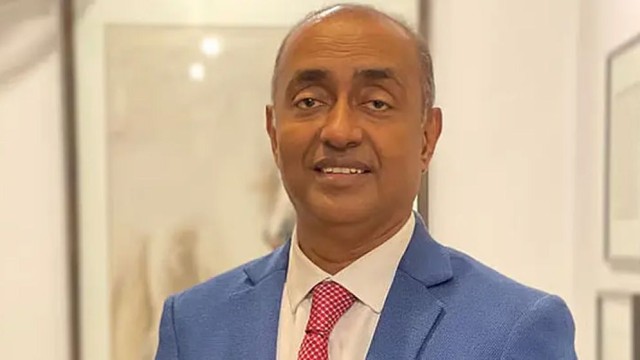







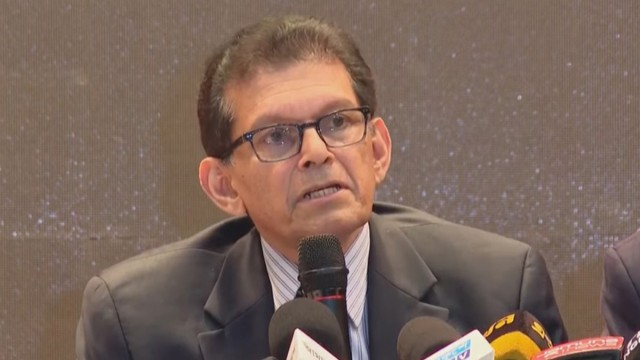












Comment: